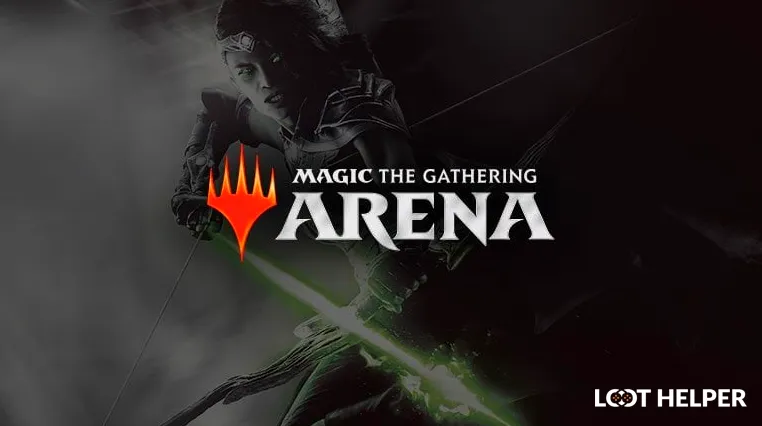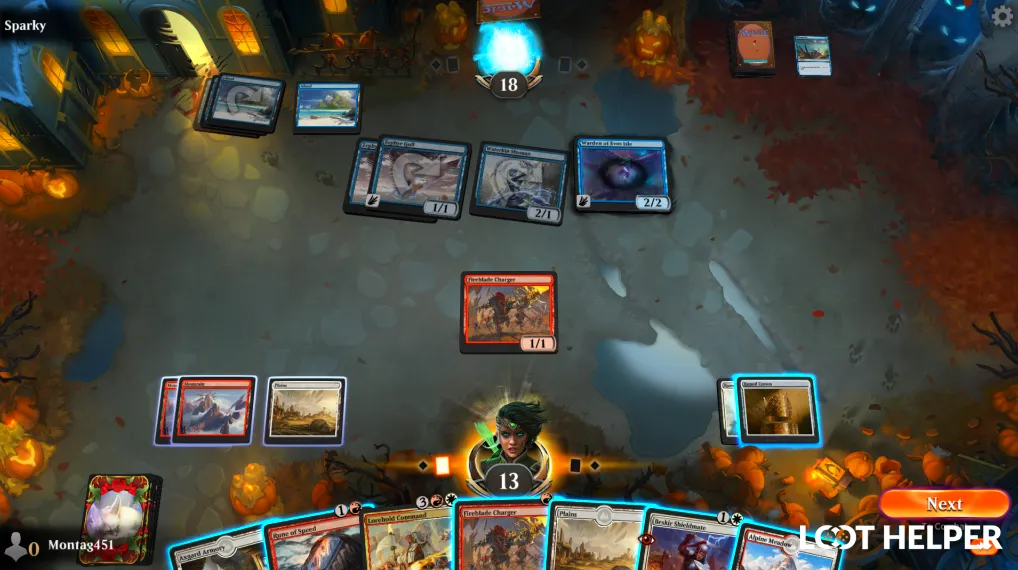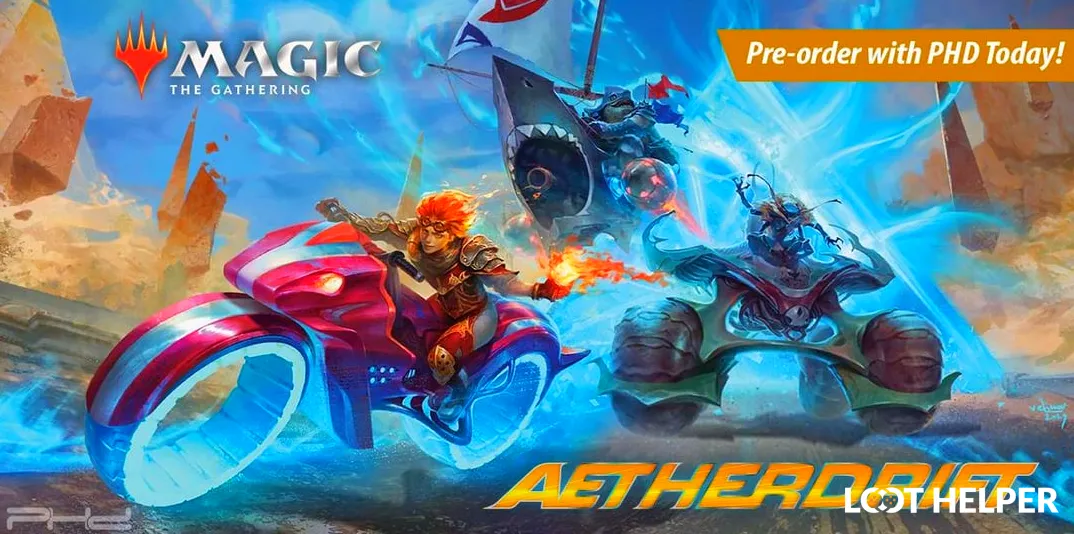Summery
Many gamers have encountered titles deemed unplayable due to severe technical issues, exploitative monetization, or poor design choices. Notable examples include Magic: The Gathering Arena and Overwatch, both of which have faced backlash for their performance and player experience. As the gaming community voices frustrations, developers are urged to prioritize transparent communication and fair practices to restore trust and improve gameplay. Ultimately, the label “unplayable” reflects a significant disconnect between player expectations and game quality.

Every gamer has faced the frustration of encountering a title that feels downright unplayable. Whether it’s due to game-breaking bugs, exploitative pay-to-win mechanics, or questionable design choices, certain games have garnered this notorious label from the gaming community.
What Makes a Game ‘Unplayable’?
The term “unplayable” can encompass various issues, including:
- Technical Performance: Crashes, frame rate drops, and game-breaking bugs that halt progress.
- Balance Issues: Overpowered monetization strategies and unfair matchmaking systems that detract from enjoyment.
Player Experiences
Recent Reddit discussions highlight the frustrations players face. For instance, one Overwatch player lamented about poor matchmaking:
“I have never gotten worse teammates than I have in season 13… my teammates are 10 times more garbage.” (Reddit)
Similarly, Magic: The Gathering Arena has been criticized for its technical flaws and pay-to-win mechanics. One player expressed their exasperation:
“I’m finding it completely unplayable… the game is pretty much frozen.” (Reddit)
Case Studies: Magic: The Gathering Arena & Overwatch
Both Magic: The Gathering Arena and Overwatch were once celebrated titles but have seen a significant decline in player sentiment.
Magic: The Gathering Arena has faced backlash over its predatory microtransactions and matchmaking inconsistencies. Players argue that the game favors those willing to spend money, creating a divide between casual gamers and big spenders.
Overwatch, once a leader in the hero shooter genre, struggles with its transition to a free-to-play model. Complaints about matchmaking and balance changes have led many fans to abandon the game, dubbing it a shadow of its former self.
Other Games Labeled as ‘Unplayable’
Several other titles have also faced significant backlash:
Battlefield 2042: Launched with major bugs and missing features, prompting over 200,000 signatures on a Change.org petition for refunds.
Titanfall: Suffered from persistent DDoS attacks leading to community abandonment.
The Day Before: This MMO survival game faced numerous delays and technical glitches upon release, resulting in a drastic player drop-off.
The Lord of the Rings: Gollum: Criticized for poor controls and game-breaking bugs, leading to one of the worst reviews of 2023.
Concord: Sony’s multiplayer shooter was pulled offline within two weeks due to low engagement and poor sales.
Valorant: Despite its popularity, players have reported issues with anti-cheat systems and matchmaking, leading some to label it unplayable at times.
The Last Hope: Dead Zone Survival: Released in 2023, this game was criticized for poor optimization and felt unfinished.

Navigating the Developer-Player Relationship
As gaming continues to evolve, players express frustration over pay-to-win mechanics that undermine gameplay fairness. Notorious streamer Asmongold highlights how beloved titles have shifted towards monetization strategies detrimental to player experience.
The label “unplayable” signifies a deeper sense of betrayal when expectations are not met. A successful game relies on a strong relationship between developers and players.
Key Takeaways for Developers:
- Transparent Communication: Engage with the community regarding updates and issues.
- Timely Responses: Address technical problems swiftly to maintain player trust.
- Fair Monetization Practices: Ensure that financial models do not compromise gameplay quality.
Conclusion
The line between frustration and unplayability is subjective. However, when games consistently fail to meet player expectations or provide functional experiences, it becomes clear something is fundamentally broken. Developers who ignore player feedback risk damaging their reputation permanently.
Let’s Discuss
What are your thoughts? Have you encountered a game that felt unplayable? How should developers tackle these challenges? Share your experiences in the comments below!
Join the ultimate gaming community on Discord to talk strategy, share tips, and stay updated on the latest content. Don’t miss the action!





